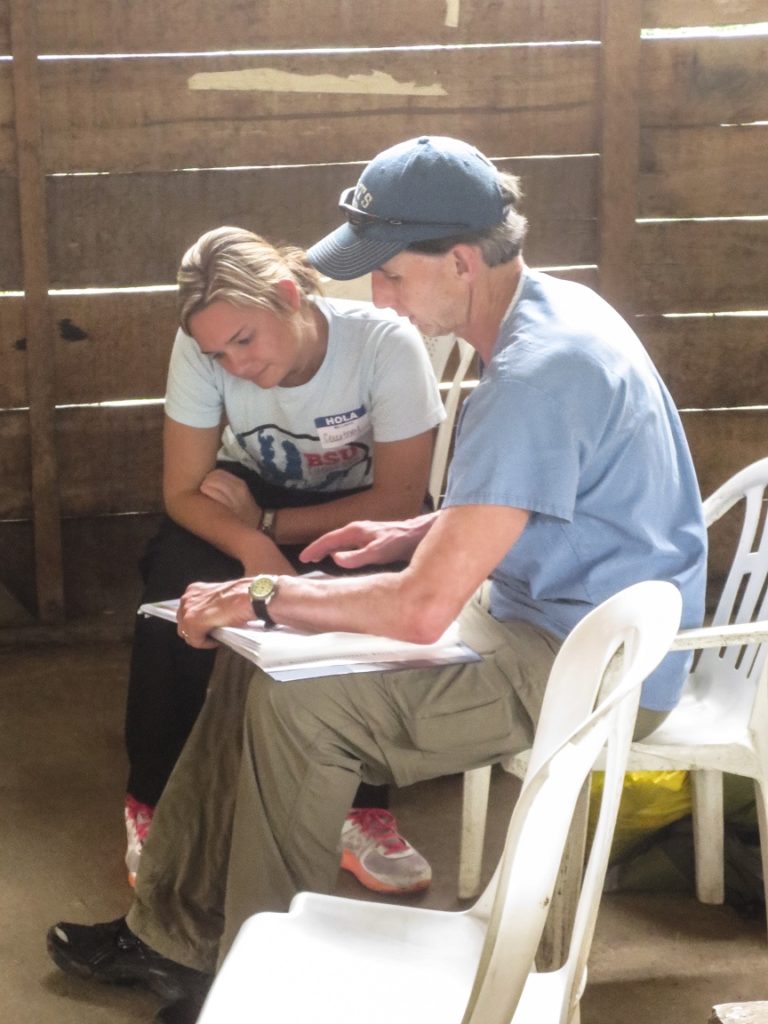The trouble with clinical decision making on short-term medical missions
October 11, 2019 |
Our latest publication in the Journal of Global Health Reports compares the clinical decision making of volunteer doctors working on short-term medical missions.

Why did we study clinical decision making?
Managing acute illness on a medical mission is very different from working in a clinic in the Western world. First, these low resource settings are unfamiliar to even experienced doctors. In addition, language barriers, cultural challenges, and differences in epidemiology all make decision making more difficult.
As a result, treatment decisions for common diagnoses are often highly variable. This suggests that we need to do a better job training volunteers, and providing useful guidelines for use in the field.
How did we assess clinical decision making?
We gave participants identical hypothetical case vignettes. Then we told them that they were seeing this patient either in a North American clinic, or a Latin American rural medical mission setting. Armed with this information, we asked them to select the most appropriate management plan.
We used common situations that doctors would encounter in any clinic: gastritis, acute diarrhea, upper respiratory infection, vaginal discharge, and pruritus.
The treatments chosen by the doctors were highly inconsistent. Furthermore, when we told doctors they were working on a medical mission, they gave antibiotics more often for colds, empiric antibiotics more often for vaginal discharge. They also gave deworming treatment more often for diarrhea and gastritis, and scabicides for often for itch. This might be a recognition of the limited follow up available on many of these trips.

What does this mean for medical missions?
One measure of quality of care is how often doctors treat patients according to established guidelines. Therefore, this is more evidence of the importance of predeparture training to ensure that care is of consistently high quality. Read the open access published article in the Journal of Global Health Reports.
Register
Sign up for free to flag trips of interest and email organizations directly through our directory.
Comments
0 comments